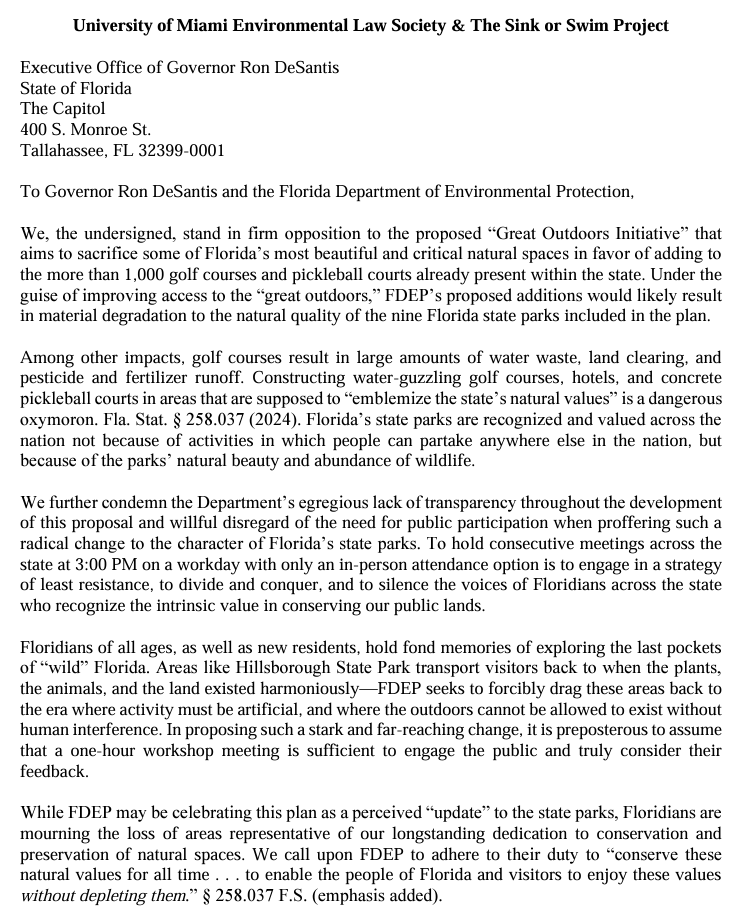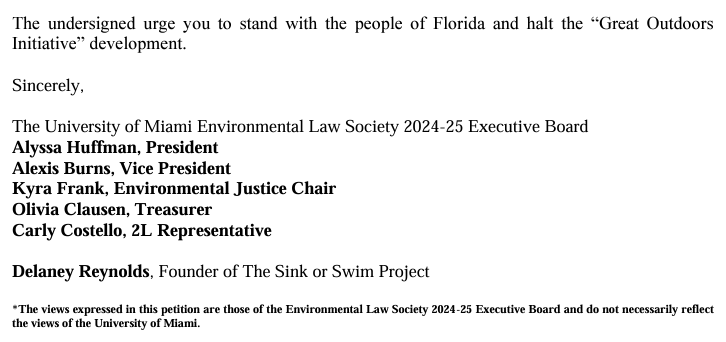Fun & Sun in the “Venice of the South”
View of San Marco Basin, Gaspar van Wittel, 1697
Later this week I am off to Venice, Italy to meet with academics and government officials there as part of my Ph.D. research related to protecting South Florida from sea level rise. I am excited to learn about what that city and region is doing to combat our climate crisis, including their Modulo Sperimentale Elettromeccanico (aka MOSE) mobile sea level and tidal barrier gates that are designed to protect Venice and the Venetian Lagoon, and their various ongoing efforts to install coastal reinforcement, lagoon improvements, and raise the land around the water’s edge. I look forward to sharing what I learn about what’s happening in “The Floating City,” as it’s nicknamed, but before I leave I wanted to talk about a place much closer home, a place that’s been called the “Venice of the South.”
Galveston, Texas sits on the shores of the Gulf of Mexico, less than 60 miles from Houston in a region that’s home to over 7,500,000 people. Whether it’s weather, population, traffic, language, or, yes, climate change, the greater Galveston/Houston region sure seems to have a lot in common with South Florida. And, as you are about to read, the threat of sea level rise there, like here in South Florida, presents costly and complex challenges that have no simple solutions but offer our region important lessons.
Of great concern in the “Venice of the South” is a recent analysis of tide-gauge and satellite data that has been measuring sea levels in the region since 2010, which finds that the Gulf of Mexico’s waters have risen twice as fast there as the global average. America’s space agency, the National Aeronautics and Space Administration (NASA), published similarly concerning data last year when it predicted that Galveston sea levels could rise by an estimated 18 inches by 2040 and that the region could experience over 250 days of flooding per year by 2050 (you can learn more about NASA’s sea rise data here).
Other than England’s shoreline along the North Sea, the results on the coast in Galveston appear to be the second fastest place on the planet for sea rise over that period of time and it’s easily the largest increase here in the United States at 8.4 inches. Again, that’s an increase of 8.4 inches just since 2010. Here are the top three (four, since third place was a tie) largest increases and their location in the US during that time frame:
- Galveston, Texas: 8.4 inches
- Charleston, South Carolina: 7.1 inches
- Jacksonville, Florida: 6 inches (Tie)
- Miami, Florida: 6 inches (Tie)
Researchers at Texas A&M University have, for example, been using modern mapping tools and collecting data to understand the impacts and influencers of the rising seas in the Galveston area. Tidal data, for example, from a gauge in place since 1908 at Pier 21 on Galveston Island has measured a rise in sea level of about two feet since it was installed. Researchers estimate that about one foot of that total, thus half, is due to land subsidence caused by groundwater withdrawal, oil and gas extraction, and surface sediments compacting. The other half is caused by the warming of our atmosphere and oceans over that same time period which, in turn, melts glacier and sea ice which increases sea levels.
When it comes to our climate crisis and sea rise, South Florida has a lot more in common with the Galveston/Houston region than just making the “top” three list above. One study I’ve read concluded that 17% of the wetlands in Galveston have been lost since 1954. What was once marshlands filled with saltwater have been drained, filled in, and developed. Sounds an awful lot like what’s happened in South Florida along our coastline to our east (much less to the west as development creeps towards the Everglades). The wetlands of Galveston, like our precious mangrove forests here in South Florida, are highly effective natural barriers against tropical weather including hurricanes and flooding, that should be protected from development at all costs but that are constantly under threat by developers ever eager to build along the water’s edge.
Fighting back against the sea is also not a new phenomenon in Galveston any more than it is here in South Florida. You see, in September of 1900 a catastrophic hurricane hit the region and sadly killed over 6,000 people. In 1902, in response, Galveston implemented laws that required the then existing buildings to be raised and famously also built a 17-foot tall, three mile long seawall that has since been expanded to about ten miles long. The Galveston seawall is so well known in the region that the Visitor’s Bureau there touts it (I am not making this up, as humorist Dave Barry used to write) as a vacation “hot spot” for “some fun in the sun.”
The “fun” aside, locals there and from the State of Texas have concluded that the seawall and other historic steps they’ve taken over the decades are no longer effective in a world where manmade climate change is rapidly rising sea levels and threaten not just Galveston but the City of Houston. And today, as is happening in Venice, Italy with the installation of the MOSE gate system, modern Galveston is trying to combat sea level rise with a range of new and old resilience initiatives in hopes of again protecting its community and Houston beyond.
For example, just as South Florida is slowly working on various coastal resiliency plans to try to protect our region including partnering with the US Army Corps of Engineer’s (USACE) on the so called Miami-Dade Back Bay Study, the folks in the Galveston/Houston area are likewise working with the Army Corps on a truly massive plan to install more (and higher) flood walls, flood gates, levees, 18 miles of double sand dunes, and other steps over the next two decades along the Texas coast. Galveston’s plan, nicknamed the “Ike Dike,” following 2008’s Hurricane Ike that hit that region, has an initially estimated $57 billion cost and will be the largest project in the history of the Army Corps of Engineers.
As with South Florida, as seas rise it is increasingly clear that existing developments along the Texas coast will require more continual and increasingly costly fortifications. Rising seas there also increase the level of ground water that, in turn, erodes the foundations of homes and buildings, threatens infrastructure including septic systems, and increases so called “sunny day” flooding throughout the year in ways that make conducting normal daily activities anywhere from challenging to impossible. Whether it’s perpetual beach replenishment to artificially perpetuate the “fun in the sun” or things like raising roads, sidewalks, and other critical infrastructure, it’s increasingly clear that such plans and their cost are becoming controversial. To many folks the idea of pouring more sand, and money, into the same problem no longer seems to make sense.
Speaking of coastal development, we find yet another similarity between Galveston and South Florida. Developers love to build buildings, especially high rises, along the water’s edge for many reasons including the beach access they afford and that the views command premium prices from buyers. And, understandably, people love to live in them. Governments love the tax dollars they generate too and because of this, elected leaders are often willing to bend rules and regulations to accommodate “just one more” building on the sand. Unfortunately, the beach sand in Galveston, as with South Florida, has the pesky habit of being washed into the sea starting the moment it’s replenished and perpetually fixing that issue comes at a high cost. There’s also the issue of the costly renovations needed to raise roads and infrastructure out of harm’s way to allow owners access to their buildings. All of these types of steps have many in Texas understandably starting to question whether the seemingly endless use of public money should be spent on what increasingly seem to be foolish pursuits as seas rise higher.
And speaking of business parallels, I sense a connection related to the energy industry too. You see, Houston, just a few miles up the road from coastal Galveston where climate change is causing havoc, is touted as the “Energy Capital of the World” and is home to nearly 5,000 energy-oriented businesses. That includes almost 50 of the top 100 public oil and gas production companies, as well as 13 of the 20 largest natural gas companies. And here in Florida I can’t think of a more powerful, politically connected industry than our monopolistic electric utilities: businesses that source an astounding 81% of their power from fossil fuels such as natural gas and coal, the very products (along with oil) that are causing earth’s climate to warm and seas to rise.
Many people are beginning to find it sadly, sickly ironic that an ostensibly endless stream of public money is being spent to battle rising sea levels caused by climate change while state governments in both Texas and Florida so openly embrace and perpetuate the actual polluters causing the problem. Rather than pouring more and more public money into an endless stream of sand and other band aid measures, it sure seems to make sense that we should be trying to address the cause of the predicament by exhibiting the leadership desperately needed to transition these economies to clean, sustainable energy.
Like I said, the Venice of the South has a lot in common with South Florida including that “fun in the sun” thing. The question is will either state ever take the steps our environment and society need to fully transition to sustainability or is all of that “fun” they tout truly relegated just for the polluters and the politicians protecting their dirty businesses?
Arrivederci.










